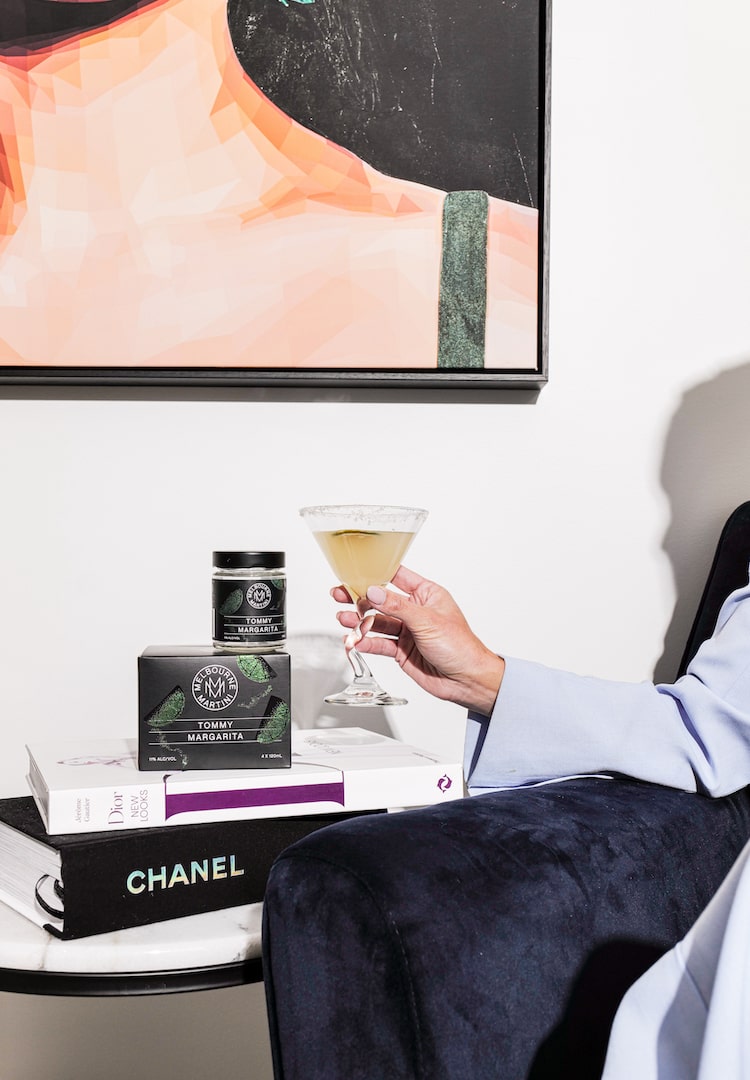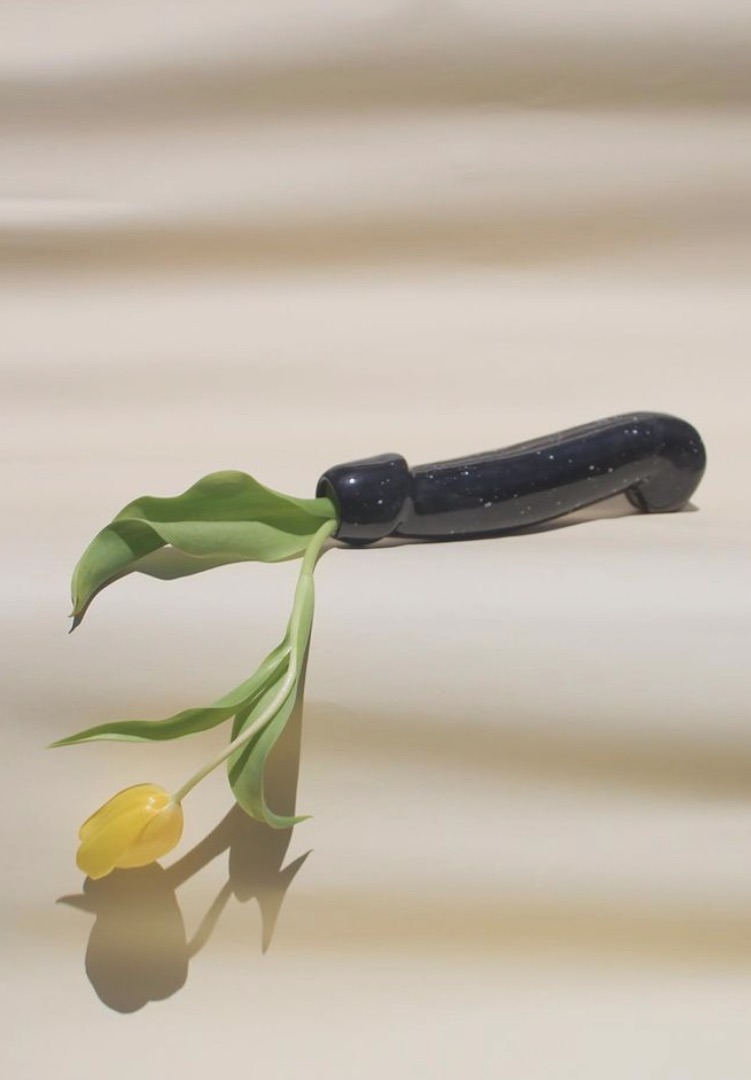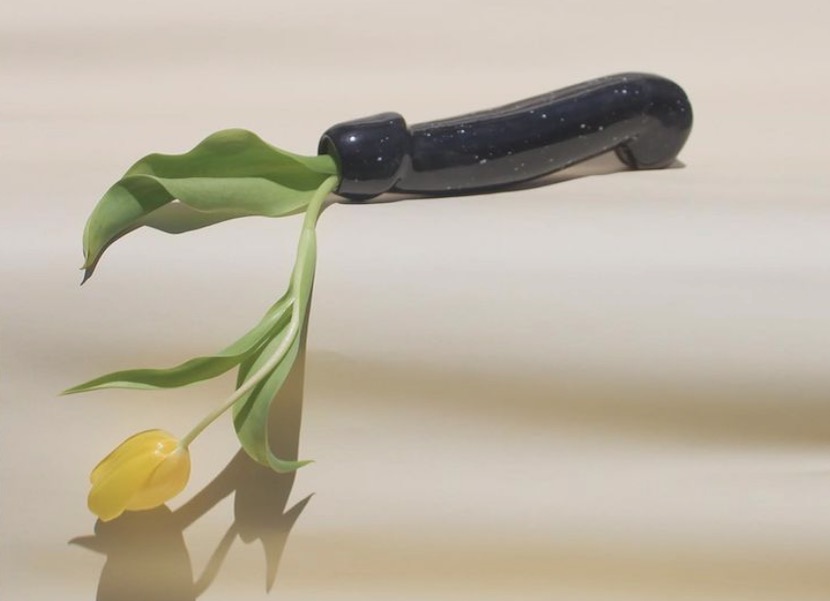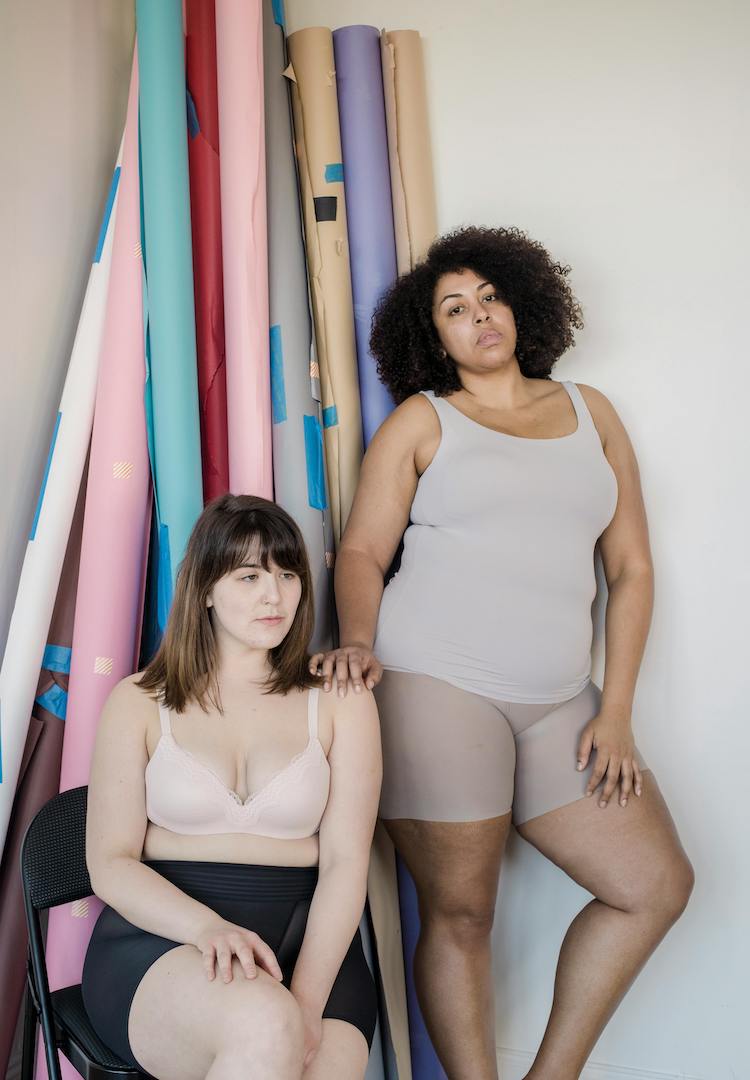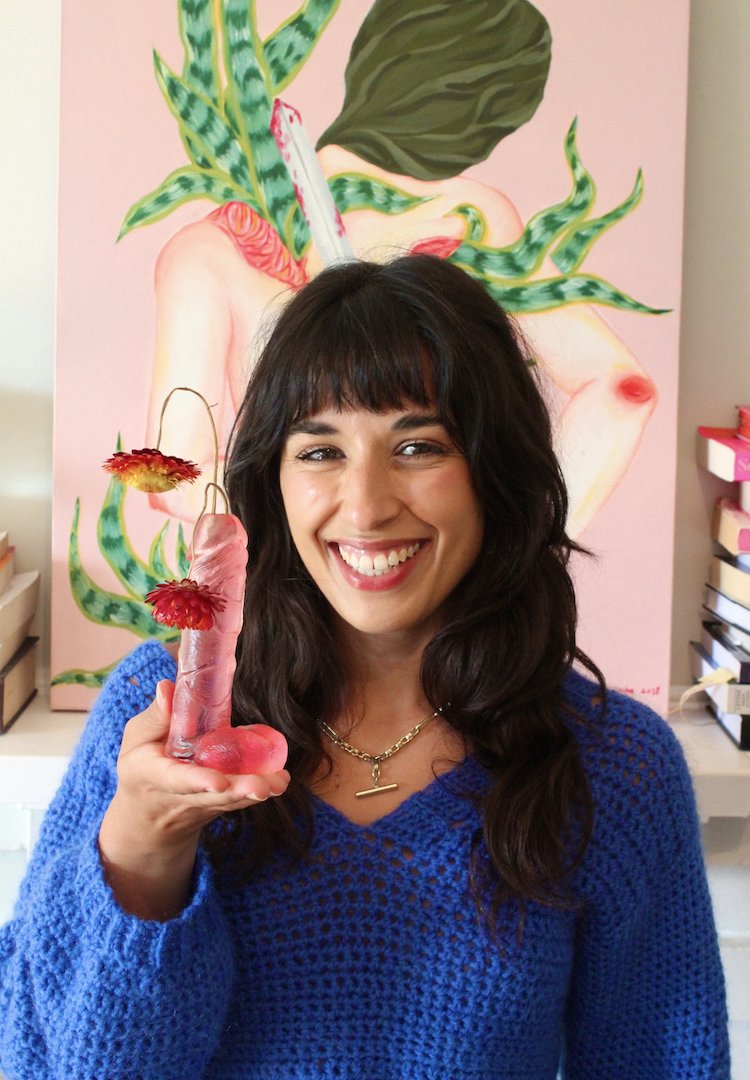Our libido is lower than ever before, here’s why
IMAGE VIA @degoey_planet/INSTAGRAM
WORDS BY NINA Miyashita
“I think that our definitions of what’s normal and not normal can shape our feelings of shame around this issue.”
It’s official: sexual libidos are currently at an all-time low. While this might not be your personal experience, the data gleaned from Australian sex toy brand Normal’s 2022 Big Sex Survey makes it obvious that low sex drives are currently affecting a lot of people. The fact is that, as a whole, we’re just not feeling it as much as we used to.
Given that we’ve all been functioning in a hypersexual society for a while now, it’s easy to feel confused by this change. The sex positivity movement encourages the consistent and unapologetic incorporation of sex into our everyday lives.
For more sex talk, head on over to our Life section.
But what does it mean if you don’t want sex at all these days? And why are you feeling this way? Firstly, we need a better, more nuanced understanding of what libido actually is.
According to certified sex coach Georgia Grace, we should use the term ‘desire’ when we talk about libido. “Desire is the wanting, the urge or the motivation for sex, otherwise known as your sex drive,” she tells me. “It’s really different to arousal, which is the physiological response that happens in your body.”
Georgia highlights the need to be able to distinguish the difference between desire and arousal, as people very often conflate them. You can be physiologically aroused but still lack the motivation or longing to actually have sex, and often vice versa.
Some people experience a lower desire for sex throughout their whole lives. Sometimes specific things change, and sometimes it’s just in relation to someone else. Perhaps you’re in a relationship with someone or people who have a higher desire for sex than you and in comparison, your drive seems really low.
As Georgia notes, “It’s pretty challenging to expect that another unique human being will be motivated and wanting sex at the exact same time as you, every time you’re wanting it”.
Lucy Wark, the founder of Normal, also points out it’s helpful to understand the science behind your sexual drive. “The science of desire actually tells us that your sex drive isn’t a drive the way hunger is,” she explains.
“It can be and is ignited by external factors that aren’t inherent to us, and we often need things to accelerate or brake our sex drive. It’s really important to know that your environment can significantly influence your levels of libido and there isn’t something wrong with you.”
According to Normal’s Big Sex Survey, negative body image and low self-worth are usually the most common sexual issues across the Australian population. But not anymore.
So why is this? The answer might just lie in, well, everything. “I think some of the reasons for it are related to the enormous political, environmental and financial crises we’re facing and the career and personal upheavals that resulted from the pandemic lockdowns,” Lucy says.
While sex can act as a distraction from life’s stresses, if you’re freaking out about the planet heating up and your bank account is in the negative, it makes sense if sex isn’t at the forefront of your mind.
Georgia agrees that stress is a factor we can’t ignore when it comes to low libido, and it’s been particularly prevalent for her Gen Z clients. “They’re a generation that spends so much time on social media, and they’re so invested in social, political and cultural movements, “she says. “And it’s incredibly stressful to be confronted by the state of the world all the time.”
Naomi*, 23, hasn’t felt the desire for sex for a while now, and it all started when she lost her job. “Being so stressed and anxious all the time really disrupted my sense of connection to my body and my sexuality,” she tells me. “With worrying about finding work and making enough money, sex just became the last thing on my priority list.
“But now I’m wondering if I’ll ever get my sex drive back up to what it used to be. All my friends are constantly talking about their hookups and regular sex in relationships, and the last time I felt horny was months and months ago.”
But Georgia doesn’t want us to panic. Low libido isn’t something to be anxious about unless it’s seriously negatively affecting you and/or your relationship. “If you’re at a stage where you’re not having or desiring much or any sex, but you’re also feeling perfectly happy and fulfilled with that, then it’s not an issue,” she says.
“But if you are worried, all you need are a few frameworks and a few tools and a little bit of rewiring of sociocultural conditioning around sex, and we can see some really great results.”
By sociocultural conditioning, she’s referring to the quantity over quality ethos we seem to have around sex. When we ask how someone’s sex life is going, we generally measure success by how often they’re having sex, and not by how good the sex is, however little it may be.
“Whether you’re having sex less or desiring sex less, we have to work to allowing people to know that you don’t just have to have lots of sex because that’s what you ‘should’ be doing,” Georgia tells me. “But that you can have sex and create a fulfilling sex life for you that goes beyond this prioritisation of ‘quantity over quality’.”
Beyond that, we need to address the issue of not wanting sex as somehow being a negative or embarrassing thing. “I think that our definitions of what’s normal and not normal can shape our feelings of shame around this issue that aren’t helpful,” Lucy tells me. “But also when you see situations of long-term libido mismatches, you can end up in a kind of pursuer vs blocker dynamic in a relationship, so investing early in good and open conversations about this from the start can be really helpful to prevent this.”
Tom*, 25, found himself in this kind of dynamic with his partner, and they’ve since committed to figuring out how to desire sex differently, together. “My partner’s libido seemed to drop about a year ago, and I spent a lot of time pursuing and suggesting sex as usual because I thought that was what we needed. At the time, we both thought each other’s perspective on sex was wrong.”
So Tom and his partner committed to understanding that neither was wrong nor right, and they eventually found a unique rhythm of communication and physical intimacy patterns that suited them both. “I’m having less sex than I would’ve thought was ‘normal’ for relationships,” he says. “But honestly, we’ve never been happier.”
Desire is a strange and delicate thing, and it’s normal for it to change. Throughout your life, a lot will happen that can affect your desire for sex and you won’t be the first or last person to feel like steering clear of it for a while. But rest assured you can always find a way to create a sex life that works for you – as much or as little of it as you want.
*Names have been changed for privacy.
For more on low libidos, try this.

